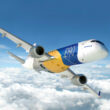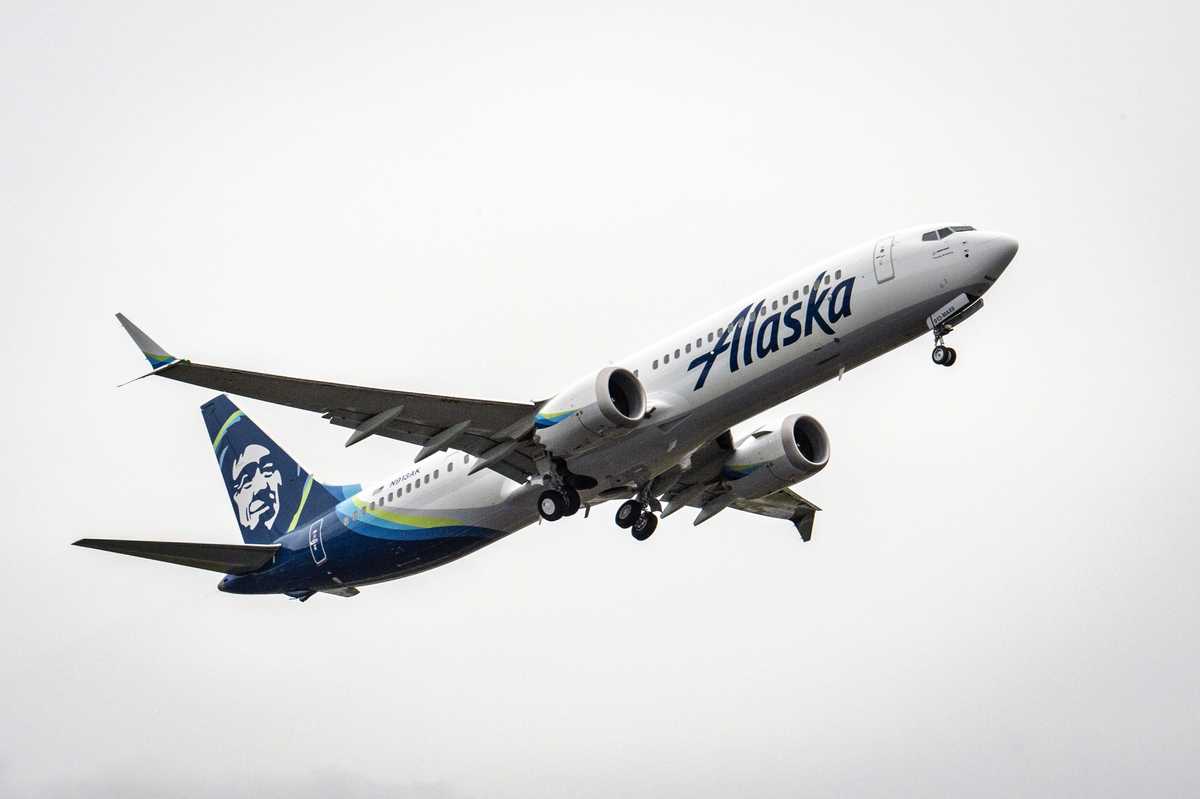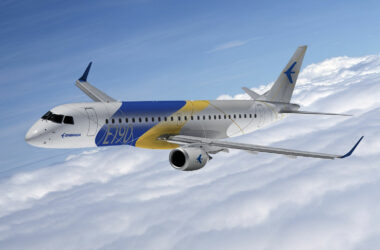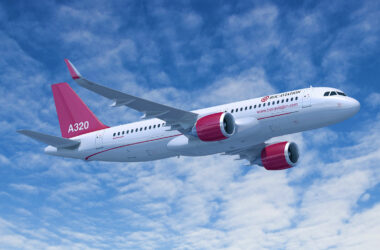Despite the prolonged issues affecting Pratt & Whitney’s GTF turbofans, LATAM Airlines has decided to rely on the engine to power its entire fleet of Airbus A320neo aircraft.
The two companies entered into an agreement on June 5 in which they extend the initial order placed in 2013 to encompass the 146 Airbus jets currently signed, including options.
“At LATAM we are committed not only to connecting South America to the world, but doing so caring for the environment and reducing our carbon footprint. We are proud to enhance our partnership with Pratt & Whitney to power our A320neo family, which will allow us to do so, as we expect to grow this fleet over 100 strong in the coming years,” said Roberto Alvo, CEO, LATAM Airlines Group.
Most popular posts
[wpp range=’last24hours’ wpp thumbnail_width=100 thumbnail_height=75 limit=3 stats_views=0 order_by=’views’]LATAM received the first A320neo in the Americas in 2016, but suspended most deliveries until recently due to the pandemic and also during the bankruptcy reorganization plan.
The airline, the largest in Latin America, recently received Airbus jets again and bet on new variants such as the A321XLR, which will receive the first plane in 2025.
The relationship between LATAM and Pratt & Whitney is quite extensive and also includes long-term maintenance services. In addition, the South American carrier has a large fleet of A320 jets equipped with IAE V2500 engines, from PW’s partnership with MTU and a consortium of Japanese manufacturers.

Leap-1A was another option
Unlike the 737 MAX, which was only certified with CFM LEAP engine, Airbus offers two turbofan options for the A320neo family, the GTF and the LEAP-1A.
Follow ADN: Instagram | Twitter | Facebook
According to experts, the LEAP is also very economical and uses a high-bypass technology while Pratt & Whitney decided to bet also on the gear system to offer better performance.
However, the GTF presented reliability problems and, above all, there are difficulties for Pratt & Whitney itself in assisting its customers to carry out modifications in the affected engines.
The result is that many aircraft end up withdrawn from service pending modifications. The GTF problem also affects the versions used by the Airbus A220 and the Embraer E2.






